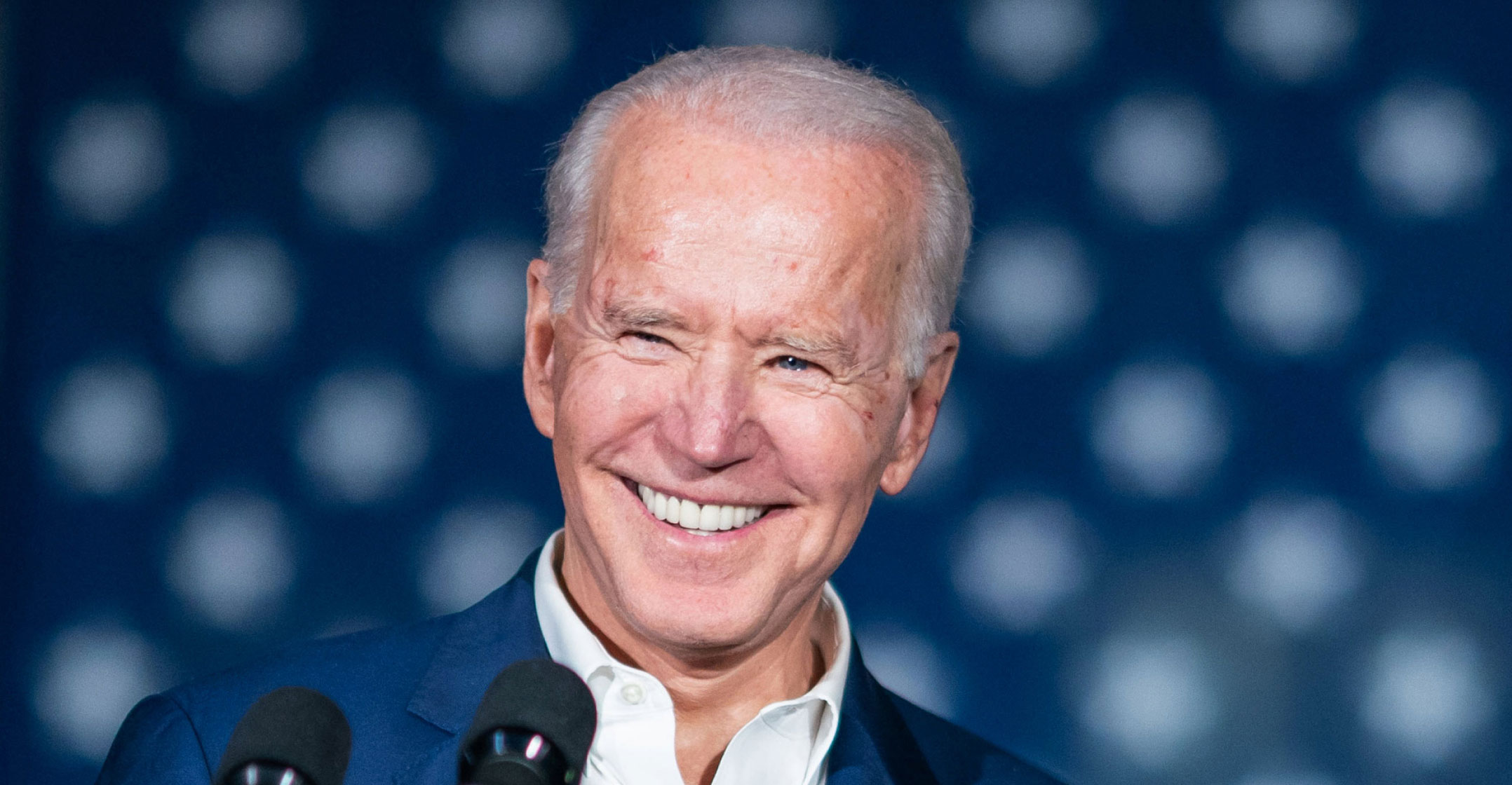
US President Joe Biden on Thursday signed legislation to prevent companies like Huawei Technologies and ZTE that are deemed security threats from receiving new equipment licences from US regulators.
The Secure Equipment Act, the latest effort by the US government to crack down on Chinese telecommunications and technology companies, was approved unanimously by the US senate on 28 October and earlier in the month by the US house on a 420-4 vote.
The signing comes days before Biden and Chinese leader Xi Jinping are expected to hold a virtual summit. The meeting is expected on Monday, amid tensions over trade, human rights and military activities.
The new law requires the Federal Communications Commission (FCC) to no longer review or approve any authorisation application for equipment that poses an unacceptable risk to national security.
FCC commissioner Brendan Carr said the commission has approved more than 3 000 applications from Huawei since 2018. The law “will help to ensure that insecure gear from companies like Huawei and ZTE can no longer be inserted into America’s communications networks”, Carr said.
In March, the FCC designated five Chinese companies as posing a threat to national security under a 2019 law aimed at protecting US communications networks.
The named companies included previously designated Huawei and ZTE, as well as Hytera Communications, Hangzhou Hikvision Digital Technology and Zhejiang Dahua Technology.
‘Abuse’
The FCC in June voted unanimously to advance a plan to ban approvals for equipment in US telecommunications networks from those Chinese companies even as lawmakers pursued legislation to mandate it.
The FCC vote in June drew opposition from Beijing. “The US, without any evidence, still abuses national security and state power to suppress Chinese companies,” Zhao Lijian, a spokesman at China’s foreign ministry, said in June.
Under proposed rules that won initial approval in June, the FCC could also revoke prior equipment authorisations issued to Chinese companies. Huawei in June called the proposed FCC revision “misguided and unnecessarily punitive”.
Last month, the FCC voted to revoke the authorisation for China Telecom’s US subsidiary to operate in the US, citing national security concerns. — Reported by David Shepardson, (c) 2021 Reuters

